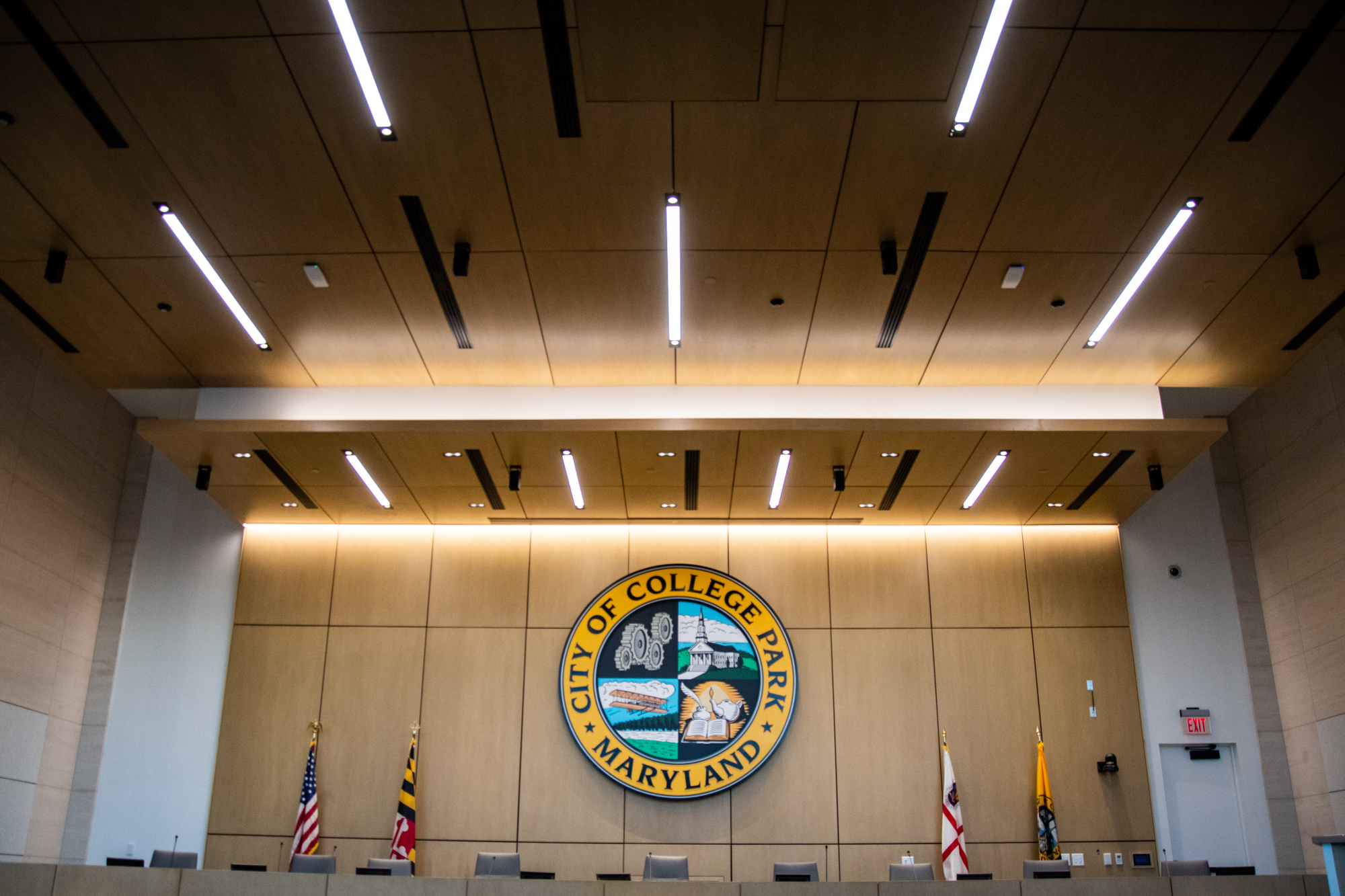Views expressed in opinion columns are the author’s own.
We are all familiar with the phrase “no taxation without representation.” I always thought taxes were something I would worry about later in life, as taxes seemed to be a problem for working people and homeowners. While I believed that as a student I would not have to face these issues, I was unfortunately misguided.
The College Park City Council discussed the creation of a special taxing district within the city on Oct. 6. This district would be taxed at a higher rate than other districts in College Park, which would then go toward greater police presence in the area to build a safer community.
The proposal arrived before Prince George’s County’s Oct. 11 decision to extend the youth curfew following the recent spike in crime within the county. While crime rates have slowly decreased in the first month following the curfew, a fear of violence and crime still exists within the county, and needs to be addressed.
While it is beneficial that College Park is making greater steps toward building safer communities within the city, this burden should not be paid by University of Maryland students. With the creation of such a taxing district, the cost of living for off-campus students could greatly increase in coming years.
Much of the area earmarked for higher taxes in the proposed district hosts popular student apartment complexes, such as The View, The Varsity and Tempo.
Already, off-campus College Park apartment rates are creating a housing crisis among students and residents who cannot afford the already expensive rates. Increasing taxes in these areas may translate to higher rental prices and costs that can drive students out of their apartments.
More importantly, a larger question about policing arises: Can a greater police presence actually be effective in lowering crime? Although policing is occasionally effective at lowering crime rates and reducing violence, it is not as effective as other methods geared toward young people such as drug treatment programs or mental health crisis responders, according to The New York Times.
Creating a special tax district in College Park will do more harm than good for the students who live within its borders. Students and community members should not be forced to choose between affordable housing or safer streets — both are crucial to a safe university education.
Instead of taxing students to build a greater police presence in the district, College Park should look into alternative methods to reduce violence and crime while keeping costs low for students.
To decrease crime rates and make communities safer, the College Park City Council should look into community-based violence intervention programs. These programs have been proven to reduce rates of crime within communities.
One violence intervention program implemented in Baltimore, Cure Violence Global, seeks to help communities implement violence prevention programs centered around community members trained as community health workers to help mediate high-risk situations, as well as deconstruct old community norms around the use of violence.
Like many similar programs, Cure Violence Global has proven itself to be effective at reducing violence and crime in cities. Implementing similar community driven programs in College Park may provide a more holistic approach toward reducing violence.
Regarding building a College Park community violence intervention program, the university could oversee the development and progress of the program. However, the university has already implemented various community-centered violence intervention programs.
Moreover, to fund these programs, instead of relying on student housing, College Park should look toward taxing the business district or developing seasonal taxes for when students are not around. This would allow the city to generate the funds it needs without directly forcing students to be a part of it.
Recent events in the county have raised increasing concerns over safety and possible resolution to the growth in violence and crime rates, but community members and students should not have to give up their feelings of safety within the College Park community to keep housing rent prices down.
As college students, we have our whole lives ahead of us to worry about taxes. We shouldn’t be forced out of our apartments to fund initiatives with police forces that may not prove effective in the long run. Instead of an elitist tax district, College Park needs more community-based violence intervention programs.
Dalia Mustafa is a sophomore economics and government and politics major. She can be reached at dmustafa@terpmail.umd.edu.



